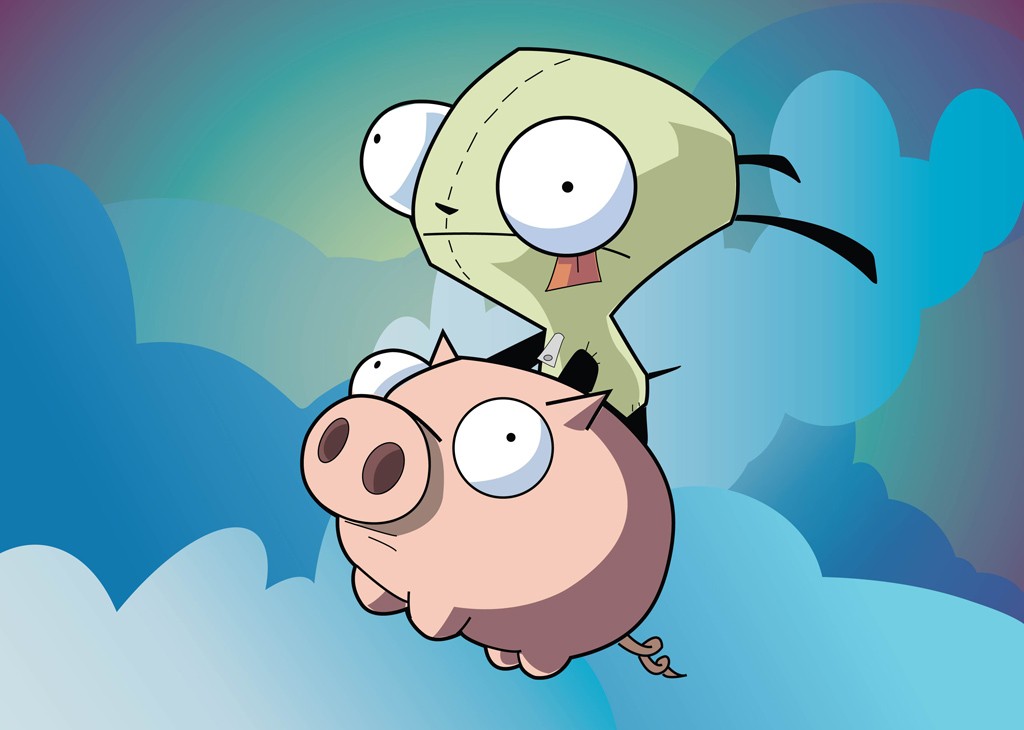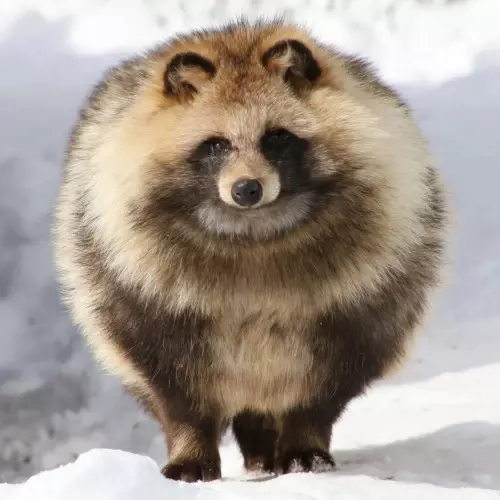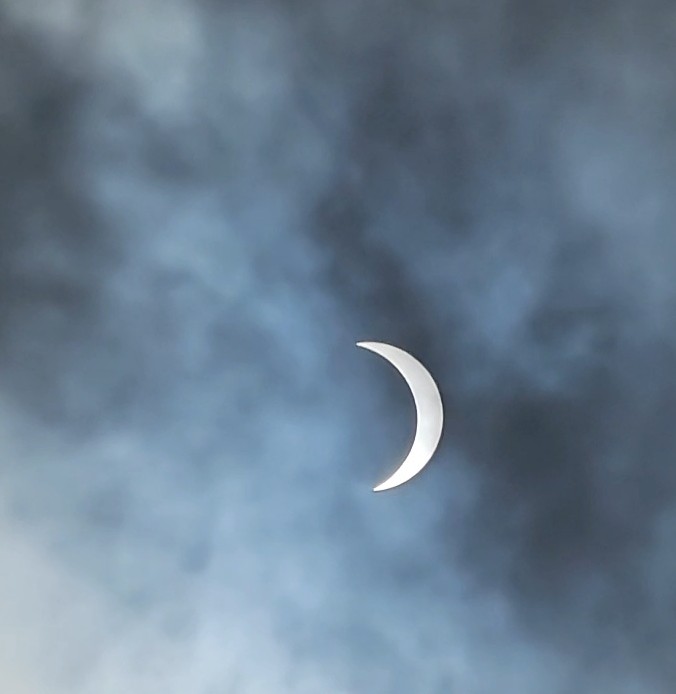Since people are reading this, let me rant a bit:
One of the things you can do, as an individual, to help your local environment, is grow flowers. Even if you live in an apartment, just a flower pot on a windowsill helps - even tiny urban gardens have an outside impact on pollinators.
If you have a yard, you can replace invasive grasses with native species and nectar-rich flowers. Don’t use herbicides or pesticides. Leave leaf litter alone over the winter to provide habitat for insects. Set aside a section to “go wild”. Just like with flower pots, leaving even a small section of lawn without chemicals and frequent mowing can have an outsized impact on pollinators and native insects.
Lawns and gardens are a space where individual effort and individual care for the environment really does matter. You might not be able to reverse climate change, but you can make a migratory monarch butterfly’s day just a little better.
And tell people! Tell people how you are gardening and how you’re managing your lawn, and why. Because the most important thing you can do for the climate is talk about it.
i leased a house and let the backyard grow wild outside of a small barbecue area, maybe 20x20 ft, because it was huge and I wanted to create it safe space for all the critters.
without a single exception, every single neighbor or person who saw it (we had a gate leading into the backyard) asked about it, and when I told them that honey bees visited everyday and we had fireflies at night threw me an expression like I had just explained to them that it was a great place for people to take a shit in public.
There are dozens of us. Dozens! I don’t know whe the fascination for perfectly level lawns, pruned daily by automatic lawnmowers.
i dream of lichen, clover and brush
That makes me think of how people react to Clarisse from Fahrenheit 451. Clarisse’s interest in nature instead of mundane entertainment causes people around her (except the protagonist) to become uncomfortable, and she is forced to go to a therapist because she deviates from the norm.
wow, talk about a book I’d love to read again, good connection with Clarisse.
Even just through personal experience - I drove more than 1200 miles through the US midwest this summer. Corn country.
30 years ago I would have needed to squeegee my windshield at every gas station. This year I think I hit one bug large enough to even notice it.
My yard is mostly clover and similar ground cover, but I think my patch of lawn may be having less of an impact than industrial agriculture.
Yep. I think it’s Roundup. Used to be people used chemical herbicides with more discretion to avoid harming crops, so bugs could live on weeds in patches or at the edges of fields.
Nowadays you just plant a strain of corn or soybeans that’s immune to Roundup and soak your entire field in glyphosate multiple times a year. So the only insects that have food or shelter anywhere near you are ones that can live on your crop - and then you spray pesticides to kill those.
Result: millions and millions of acres of essentially sterile agricultural monocrop.
And more and more land is being turned into agricultural monocrop - not because a growing population needs more food, but because of bad laws and subsidies. Almost 100 million acres in the US - 40% of the American corn crop - is used to produce fucking ethanol, which burns more fossil fuel to produce than it replaces and is only profitable because of massive government subsidies procured by energy and agricultural lobbyists.
We are wiping hundreds of square miles of land clean of life in order to turn one fossil fuel into another less efficient fossil fuel. It’s species wide insanity.
And that being said: even though agriculture is a much bigger contributor to the ongoing insect omnicide than suburban pest spraying, when you keep the chemicals off your lawn and allow native plants and flowers to grow, it does help your local bugs, and you are making an impact.
About a thousand (metaphorical) years ago, biochemistry and genetics was in still in its fairly early stages. I read articles about deciphering plant genomics and finding a way to make them naturally more resistant to insects and disease by exploiting the native resistance of certain plants. And I was a science nerd who had experienced food insecurity AND ready to head off to college.
“Hell yeah” I thought. “That’s what I want to do with my life’s work. Everyone gets to eat and we don’t need to spray everything with poison to get there.”
What we got was Roundup-Ready corn.
I’m glad I didn’t go into that line of work because I may have tried to burn Monsanto to the ground and come to regret it later in a federal prison.
I have driven through one of the grass growing areas of Australia (wheat, barley, all the animal feed, etc)
It’s so dead other than the specific grass grown in that field
It was nice getting into a beef raising area where there were trees and wild plants
Not denying there are less insects nowadays, but part of that is also due to cars being much more aerodynamic nowadays though
That’s been tested by driving old cars, and no, that’s not it.
https://www.kbb.com/car-news/have-you-noticed-fewer-bug-splats-on-your-windshield-scientists-have/
Wired reports, “the research included vintage cars up to 70 years old to see if their less aerodynamic shape meant they killed more bugs, but it found that modern cars actually hit slightly more insects.”
Modern cars aren’t necessarily that much more aerodynamic, anyway. Depends on when you’re talking about. Porsche and Chrysler both found just about the most optimal shape for cars back in the 1930s. Chrysler didn’t stick with it, but Porsche did, and the basic idea was rediscovered by everyone else later.
Last spring I converted 125 sqft of my property into a wildflower garden. It was a lot of work but seeing all the birds, bees, and butteflies hanging out in it all the time makes me so happy!
I plan on doing another 125 sqft this year again!
You’re doing Gaia’s work
Mine is the only front yard on my street that isn’t just grass and weeds since I ripped out my lawn. I was out hand weeding one day when the only neighbor without weeds in his lawn came over to patronize me (not the first time) about how he just uses roundup and doesn’t have to worry about the weeds!
A few weeks later I saw his yard crew show up while he was at work… he’s not even applying the roundup himself.
If he’s using Roundup, he won’t have to worry about the grass anymore either.
They sell products for lawns as well
We’re slowly going #nolawn on our small plot of land (around 0.25 acres). Planted lots flowers during covid lockdown. Garden/flowers have grown wild the past three years. We have these wonderful bush like plants with tiny white flowers and we get all the butterflies, moths, and bees in our yard (even some wasps). Eventually we’re going to get the local prairie grass and flowers mixture so our plot can become a mini prairie in town.
Love it!
Kill your lawn. Replace it with native flora.
Kill your native flora. Replace it with native fauna.
Plant those bees
I thought lightning bugs laid eggs in water?
I looked it up on Wikipedia
a female lays her fertilized eggs on or just below the surface of the ground. The eggs hatch three to four weeks later. In certain firefly species with aquatic larvae, such as Aquatica leii, the female oviposits on emergent portions of aquatic plants, and the larvae descend into the water after hatching.
So the comic is a lie to give us feelings.
But mulching leaves is so much better than raking and removal. All those nutrients, gone.
The comic isn’t a lie. Lightning bug eggs need wet soil, and leaf litter protects the ground from drying out. The leaf litter also creates habitat for lots of small invertebrates which will become the prey of lightning bug larvae that would otherwise starve in a well manicured lawn
Easy fix - “Are there any dead leaves to protect our eggs?”
I left the leaves on our lawn last winter, and this year I saw even fewer lightning bugs. It might be kind of pointless for me to do that, because our yard backs up to a huge ravine that is completely unkept - leaves, trees, branches, etc., all fall there and are left there. So it might be like adding a few square feet to an already large area.
But …the birds. Huge flocks of black birds sometimes come by; there will sometimes be thousands of them. If I’m outside when they show up, it’s a cacophony of chirping, then when they take off you can hear the whoosh from all of them. It’s such a great sight. But… they’re digging under the leaves, so I wonder if they were getting the insects I was trying to help. :(
Most lightning bugs overwinter as larvae for two winters before pupating. A lot of the time, the weather and conditions two years prior can have a bigger effect on lightning bug numbers than the conditions that same year
Also the birds are definitely eating the insects, and that’s ok! There should be enough to go around. The bird poop is only going to support further ecological development of that soil
Ah good. I didn’t realize it was two winters. So hopefully next year we’ll see more lightning bugs.
When I was growing up I remember seeing lightning bugs everywhere during the summer. As an adult, living less than 100 miles south of that, I see far fewer of them. It’s really disturbing. And, hey, it’s good for me because I have to do less yard work.
Firefly Grindr.
(Upon actually looking this up, there are some species where females can fly, they just suck at it apparently.)
Turns out paving and polluting everything does a lot of damage to biodiversity.
(please support public transit and fight parking minimums.)










